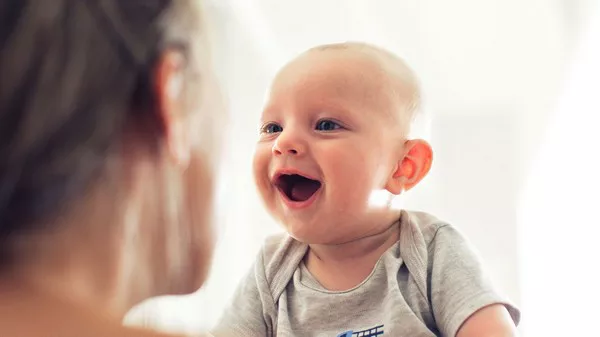Welcoming a newborn into the family is an exciting and joyous experience. As parents prepare for their little one’s arrival, they often find themselves faced with numerous questions, especially when it comes to essential baby supplies. One common dilemma is determining the number of baby bottles to buy. Properly understanding this topic can help parents make informed decisions, ensuring they have enough bottles for their baby’s feeding needs without unnecessary waste. In this article, we will provide a comprehensive guide to help parents determine the optimal quantity of baby bottles to buy for their newborns.
Understanding Newborn Feeding Habits
Before delving into the quantity of baby bottles needed, it is crucial to understand newborn feeding habits. Newborns typically feed every 2 to 3 hours, amounting to 8 to 12 feedings a day. On average, each feeding session may last around 20 to 40 minutes, though this can vary from baby to baby. As newborns grow, their appetite increases, and they may consume more milk during each feeding.
Types of Baby Bottles
Before calculating the number of bottles required, parents must consider the different types of baby bottles available on the market. Some popular choices include:
Standard Bottles: These are traditional baby bottles with a narrow neck and come in various sizes, usually 4 to 8 ounces. They are compatible with most nipples and are easy to clean.
Wide-Neck Bottles: These bottles have a wider opening, making them easier to clean and more suitable for babies who switch between breastfeeding and bottle-feeding.
Anti-Colic Bottles: Designed to reduce colic, gas, and reflux, these bottles have special venting systems that help minimize air intake during feeding.
Disposable Bottles: Convenient for travel, these bottles are pre-sterilized and disposed of after use.
Glass Bottles: Eco-friendly and free from chemicals, glass bottles are a safe alternative to plastic bottles.
Calculating the Number of Baby Bottles
To determine the number of baby bottles needed, parents should consider the following factors:
Frequency of Feeding: As mentioned earlier, newborns require 8 to 12 feedings per day. Depending on whether parents plan to wash bottles after every use or batch clean, they should have enough bottles to cover several feedings in advance.
Breastfeeding vs. Formula Feeding: Parents who exclusively breastfeed may need fewer bottles compared to those who primarily formula feed. However, having a few bottles on hand can be helpful for occasional pumping or supplementing.
Bottle Sterilization: If parents prefer to sterilize bottles after each use, they may need more bottles in rotation. Alternatively, some parents choose to use bottle sterilizers, which can expedite the cleaning process.
Travel and Convenience: If parents are frequently on the go, having a few disposable or travel-friendly bottles can be beneficial.
Glass vs. Plastic: Glass bottles may have a longer lifespan than plastic ones, but they can be heavier and riskier if dropped. Consider the durability and longevity when choosing the material.
Based on the factors above, a practical approach would be to have:
- For exclusive formula feeding: 8 to 12 bottles
- For primarily breastfeeding with occasional bottle-feeding: 4 to 6 bottles
- For primarily breastfeeding with regular bottle-feeding: 6 to 8 bottles
- For travel and convenience: 2 to 4 disposable or travel-friendly bottles
Conclusion
Selecting the right number of baby bottles for a newborn is essential for a smooth and stress-free parenting journey. By understanding the feeding habits of newborns and considering factors such as feeding frequency, breastfeeding vs. formula feeding, bottle sterilization preferences, and travel needs, parents can make well-informed decisions. It is crucial to choose the type of bottle that best suits the baby’s needs and lifestyle, whether it’s standard, wide-neck, anti-colic, disposable, or glass bottles. By adhering to the guidelines provided in this article, parents can ensure they have an adequate supply of baby bottles, facilitating seamless feeding experiences while reducing unnecessary waste.


